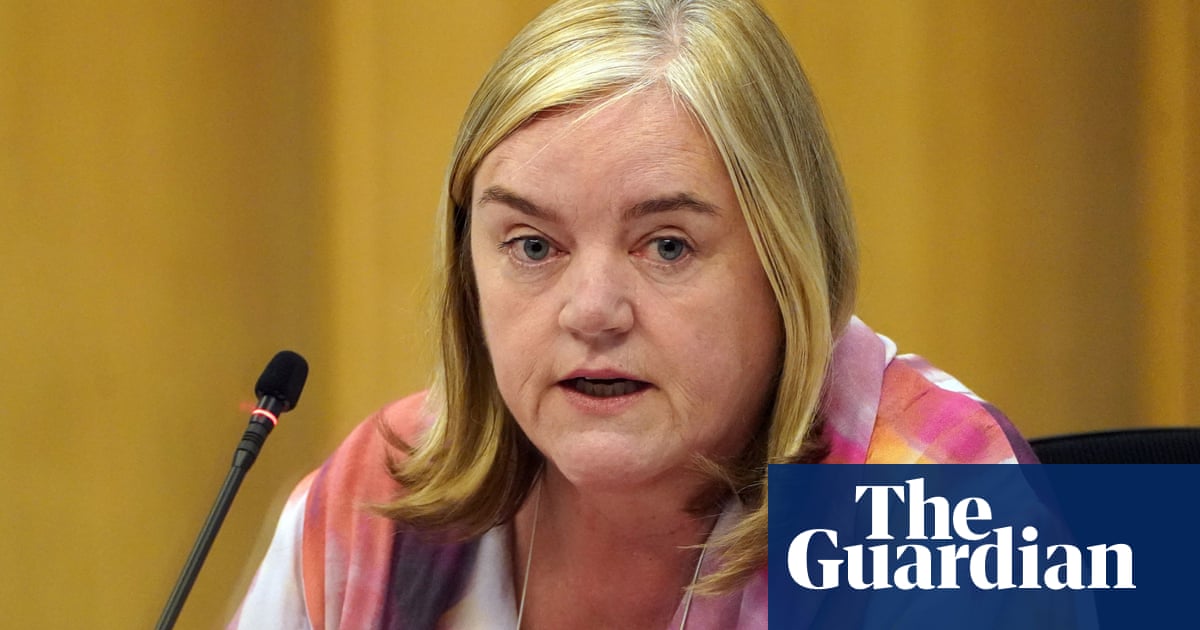A cross-party group of MPs has warned attempts to reform adult social care are doomed to fail unless ministers accept major investment is needed to overhaul a “broken” system that was failing millions of people.
Reform of social care was typically seen by governments as a “burden” on the taxpayer, and a “drain on resources” rather than a positive boost to people’s lives, the NHS and the economy, said the health and social care select committee.
“Time and again, governments have stepped back from reform when faced with the cost. Too much emphasis is put on the cost of change and not enough consideration is given to the human and financial cost of no or incremental change,” it added.
While the costs of reforming the system were substantial – up to £17bn according to some estimates cited in the committee’s report – this had to be set against the £32bn currently spent every year on a system that was failing.
The report said the costs of inaction included 2 million people aged 65 and over and 1.5 million people of working-age not getting get the care they need, millions more getting poor care and huge avoidable financial pressures placed on the NHS and local authorities.
Social care was propped up by an army of over 1.5m unpaid carers – “equivalent to a second NHS” – who provided more than 50 hours of care weekly, often quitting jobs to care for loved ones and who bore the brunt of the system’s failures, the report said.
It comes just days after the formal launch of a three-yearindependent commission into adult social careled by Louise Casey aimed at developing plans for a new national care service.
Although the commission has been broadly welcomed, there are concerns it will merely rehearse already well-trodden debates and effectively put off for years changes that some expertshave arguedcould happen in a matter of months.
The Casey review’s terms of reference state its conclusions must be “affordable” and stay within government spending limits for the remainder of the parliament, triggering fears among reformers any changes will be underpowered.
Adult social care reform has been on and off the English policy agenda for more than two decades. Attempts by governments to fix the system have been repeatedlyderailed by lack of political consensus, worry over costs and political timidity.
The MPs report concludes: “The moral case for reform has never been stronger, but this must be accompanied by a robust financial case. Without this we fear that the reforms that come out of the Casey commission will be doomed to failure, leaving everyone continuing to suffer under the current unsustainable system.”
The chair of the health and social care committee, Layla Moran, said: “Successive governments have shied away from implementing meaningful reforms to the social care system. But this is an active choice that is no longer tenable.We are living with a broken social care system.”
She added: “It might seem that reforms will be costly and difficult, but continuing with inaction will cost us all more.”
The care minister, Stephen Kinnock, said that far from doing nothing the government had “hit the ground running on social care” having inherited a system in crisis, and had taken a series of measuresincluding a £3.7bn funding boost.
He said: “A lot has been done, but we know there is so much more to do and deep reform is needed. That’s why we appointed Baroness Louise Casey to lead the independent commission working to transcend party politics and build consensus on the future of adult social care, with her first report out next year.”
